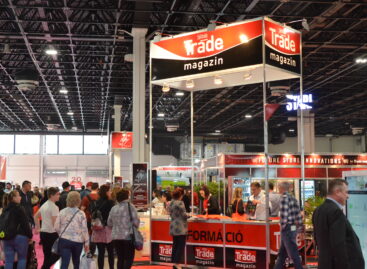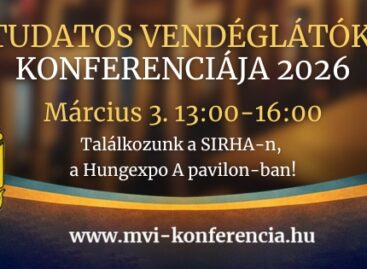Green gastronomy: what could be the recipe for sustainable success?
At the SIRHA Budapest 2024 trade fair, the HoReCa and Event Chapter and the Green Chapter of the Hungarian Marketing Association (MMSZ) jointly organised a marketing communication workshop, where the main theme was Green Gastronomy.
This article is available for reading in Trade magazin 2024/4
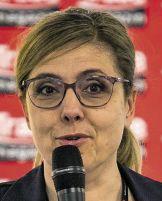
Krisztina Bódi
president of HoReCa and Event Chapter
The event was moderated by Krisztina Bódi, president of the HoReCa and Event Chapter.
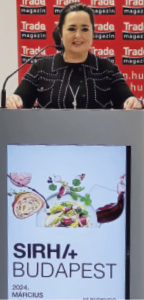
Zsuzsanna Hermann,
president of the Green Chapter and vice president of the HoReCa és Event Chapter
“Four years ago in 2020, the HoReCa and Event Chapter of MMSZ was founded here at the SIRHA Budapest trade show, and a year later Hungexpo was also the place where the Green Chapter was established”,
said Zsuzsanna Hermann, president of the Green Chapter and vice president of the HoReCa and Event Chapter in her opening speech.
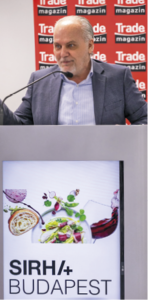
László Hovánszky,
honorary president of MMSZ
HoReCa and Event Chapter
László Hovánszky, honorary president of the HoReCa and Event Chapter added: today Green Gastronomy isn’t just an empty term anymore, as it can help businesses to reach new target groups.
“Sustainable hospitality”
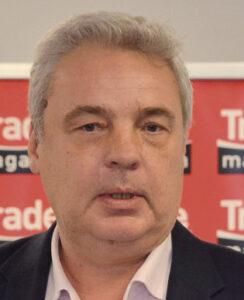
Ákos Bősze
HoReCa business development executive
METRO
METRO has been flying the flag of “Sustainable Hospitality” for a long time, so it was just right that the first speaker was Ákos Bősze, HoReCa business development executive of METRO. He started his presentation by saying that this topic is often associated with paper cups and similar items, but actually it is about much more than that.
Nowadays restaurants often say that “the vegan is calling the shots”, meaning that if a group of 5 people are looking for a restaurant to eat and one of them is vegan, it is the vegan person will decide where to go. However, there are also many people who suffer from some kind of food allergy or intolerance, so it is important to have competent staff and kitchens where restaurants can safely handle different ingredients separately.
An unusual business model
The next item in the programme was the PLANET Business Club. Júlia Dalmadi, the owner of TransFoodMission led the four sessions on different topics. The first PLANET Business Club session was with Tibor Hodik, owner of Natura Hill Zebegény, who talked about the relationship between regenerative agriculture and hospitality.
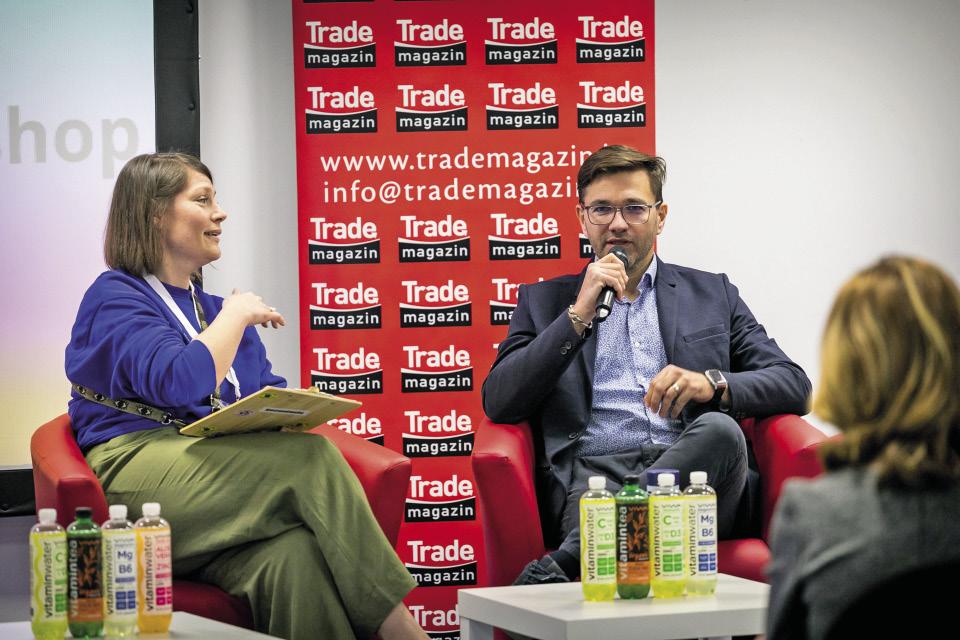
Júlia Dalmadi, owner of TransFoodMission conversed with Tibor Hodik, owner of Natura Hill Zebegény
He explained that the business model of a sustainable restaurant is actually not very different from any other business, with the exception of a few things. At Natura Hill Zebegény they use ingredients that are partly home-grown and partly sourced from local producers, there is no waste generated, and high quality is just as important as a good relationship with the community – be it guests or suppliers.
There is a difference between plastic and plastic
The third presentation was by László Büki, honorary president of the Association for Sustainable Packaging and Izabella Bauer, head of sales at BS Plastic, who talked about cross-sectoral cooperation in the field of sustainability. They told that there is a close relationship between packaging and plastic. We are witnessing a revolution in the plastics industry, with various new biopolymers being used in a growing number of fields, which could make plastic packaging much “greener”.
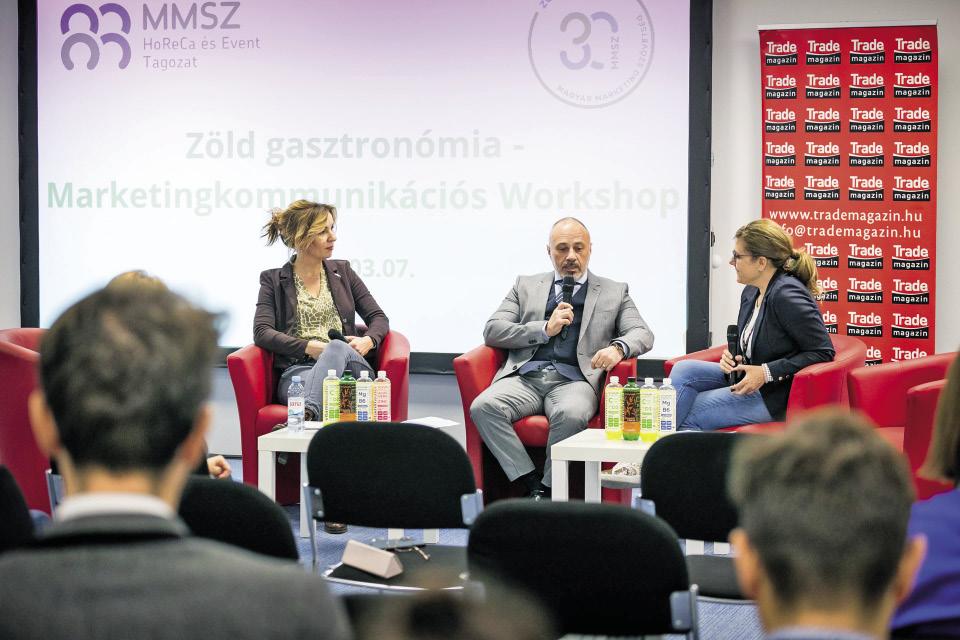
At the roundtable, László Büki, honorary president of the Association for Sustainable Packaging and Izabella Bauer, head of sales at BS Plastic – moderator Krisztina Bódi

Miklós Gyalai-Korpos
head of R&D
Pilze-Nagy
Júlia Dalmadi’s next guest was Miklós Gyalai-Korpos, head of research and development at Pilze-Nagy Kft., and the topic was creating value from waste: why did Central Europe’s largest mushroom grower started to engage in circular economy solutions? The company uses agricultural by-products (wheat straw) to grow mushrooms. One of the main reasons for implementing the circular model was to reduce waste disposal charges, as the waste could be used as valuable compost instead of having to pay for getting rid of it.
Why aren’t we paying more attention?

Rudolf Semsei
owner
VakVarjú Restaurants
Rudolf Semsei, the owner of VakVarjú Restaurants, Dobay Confectionery and Budapest Party Service, president of the MaReSz Gastronomy Chapter, and vice president of the Guild of Hungarian Restaurateurs (MVI) was the next speaker. He pointed out that there are some 500 sustainability-related trademarks in the world today, but when consumers decide in just 7 seconds which product to purchase, they almost certainly don’t look at the authenticity of the sustainability that the product offers. This obviously leaves a lot of room for misleading advertising messages, so it would be vital to stop greenwashing.
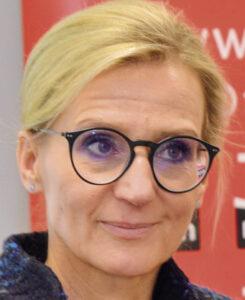
Bernadett Strasser-Kátai
managing director
Real Nature
Bernadett Strasser-Kátai, the CEO of Real Nature called attention to the importance of educating consumers and monitoring the market to see what products are in demand. Unfortunately this is overshadowed by the high inflation in Hungary, because of which domestic consumers are now further behind the shoppers of neighbouring countries in terms of healthy and sustainable eating.
Reliability trademarks and a changing market
The programme continued with the Greening HoReCa Trends Roundtable, where the moderator was Attila Kaszás, president of the HoReCa and Event Chapter of MMSZ.
Social and environmental certifications were discussed. Beáta Várkonyi, director of corporate affairs at Danone in Central and Eastern Europe and vice president of the HoReCa and Event Chapter of MMSZ was proud to report that 75% of Danone’s employees have already received the B-Corp certification; the company’s goal is to have everyone certified by 2025.
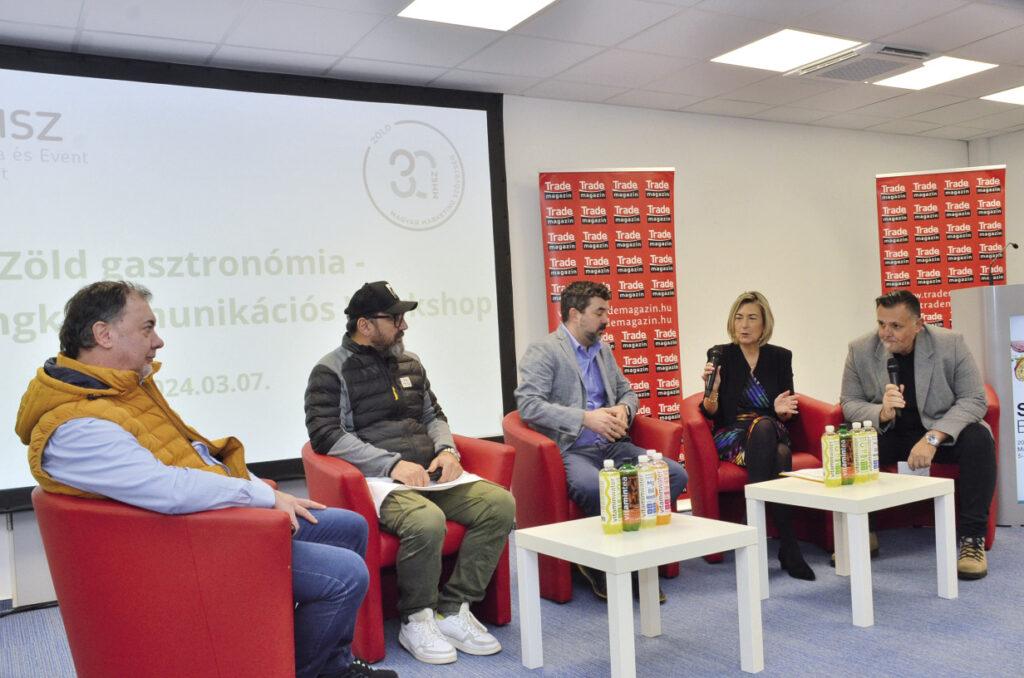
At the roundtable (from left to right): Zoltán Oláh, executive chef of Castellum Hotel; Gianni Annoni restaurant owner; Zsolt Oltványi, owner of Mentes Confectionery; Beáta Várkonyi, director of corporate affairs at Danone in Central and Eastern Europe – moderator Attila Kaszás, president of the HoReCa and Event Chapter of MMSZ
Zsolt Oltványi, the owner of Mentes Confectionery said that free-from is still a strong trend, but there are also more manufacturers present in the category. His free-from confectionery is using eco-clean ingredients, and he believes that it is possible to go green at small and medium-sized enterprise level. Castellum Hotel does its best to operate sustainably, for instance they use geothermal energy and they choose their suppliers from locations as close to the hotel as possible, informed Zoltán Oláh, executive chef of the hotel. Restaurant owner Gianni Annoni pointed out that we have all become spoilt, due to a wide range of choices and almost unlimited possibilities, and because of these guests don’t care much about sustainability. The pandemic period has helped the restaurant to learn to focus more on reducing food waste.
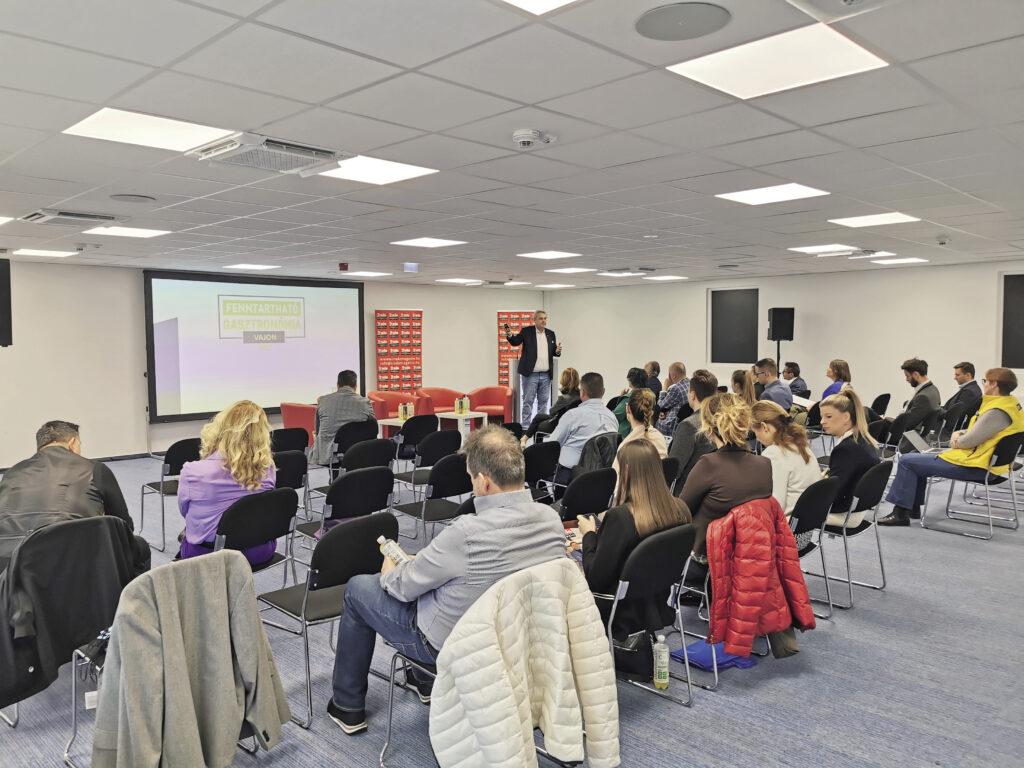
At the joint event of the HoReCa, Event and Green Chapters of MMSZ, a number of experts shared their views and experiences
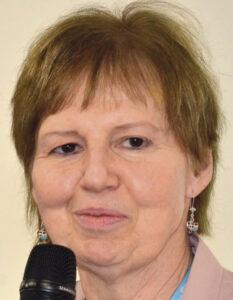
Klára Tihanyi
exhibition director
HUNGEXPO
Exhibition director Klára Tihanyi concluded the workshop by evaluating the SIRHA Budapest 2024 trade fair. //
Related news
The Store of the Future opens again at the SIRHA Budapest exhibition! (Part 4)
🎧 Hallgasd a cikket: Lejátszás Szünet Folytatás Leállítás Nyelv: Auto…
Read more >(HU) Tudatos Vendéglátók Konferenciája 2026
🎧 Hallgasd a cikket: Lejátszás Szünet Folytatás Leállítás Nyelv: Auto…
Read more >Related news
Historic price reduction at ALDI
🎧 Hallgasd a cikket: Lejátszás Szünet Folytatás Leállítás Nyelv: Auto…
Read more >A stable compass in the Hungarian FMCG sector for 20 years
🎧 Hallgasd a cikket: Lejátszás Szünet Folytatás Leállítás Nyelv: Auto…
Read more >


